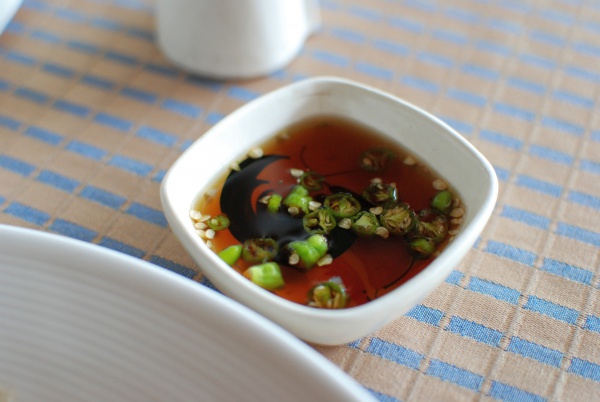Facts About Fish sauce
Fish sauce is a flavorful liquid condiment produced by fermenting fish or krill with salt for up to two years. It is a staple in East Asian and Southeast Asian cuisines, celebrated for its rich umami taste resulting from its glutamate content. While soy sauce is sometimes used as a vegetarian alternative, the two condiments have distinct flavors. Beyond seasoning, fish sauce is also an essential ingredient in many dipping sauces.
The use of fish sauce dates back thousands of years. Historical records indicate that fermented fish-based sauces were popular in ancient Chinese and Mediterranean cuisines. Across Southeast Asia, different regions have their own unique versions of fish sauce. Typically made from anchovies, salt, and water, it is used both in cooking and as a condiment. In Vietnam, for instance, it is known as nước mắm and is a fundamental component of the local cuisine.
To produce fish sauce, fish or shellfish are fermented with salt; modern recipes sometimes include herbs and spices. This fermentation process, which can last up to two years, imparts the sauce with its savory, nutty flavor. Fish sauce is rich in protein and essential nutrients such as Vitamin B12 and magnesium, although it may contain trace amounts of mercury due to the fish used.

 China
China